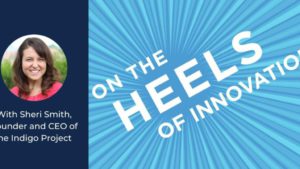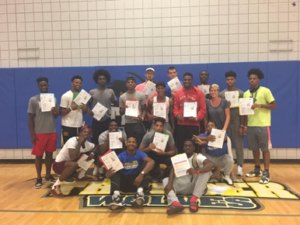
Podcast: How to Identify Entrepreneurial Students
On Innovate Carolina’s podcast, On the Heels of Innovation, Indigo CEO Sheri Smith and Ted Zoller discuss how Indigo helps schools identify students who have
This category features posts with Indigo’s higher education partners.

On Innovate Carolina’s podcast, On the Heels of Innovation, Indigo CEO Sheri Smith and Ted Zoller discuss how Indigo helps schools identify students who have

Coach Bill Beilein isn’t only teaching offensive and defensive strategies to his players, he’s also teaching how to work with people different than them. Beilein is the head men’s basketball coach at…

John Waters is an Assistant Principal at Two Roads Charter school. He’s a four-time “Who’s Who Among America’s Teachers” and knows where all the good places to eat are in Westminster (trust me, we went to Dae Gee last time).
aesthetic AI asking awards college fits Communication compliance continuous learning creativity DISC dominance Education empathy Empowering Educators FBLA future of education goals Indigo Indigo Assessment Indigo Data Indigo Education Company individualistic influencing leadership LearnLaunch Listening mentoring Motivators Partners Peak to Peak High School Personalized Learning persuasion planning Podcasts Professional Development self-awareness social soft skills Speaking Engagement steadiness team Teamwork theoretical TTI utilitarian